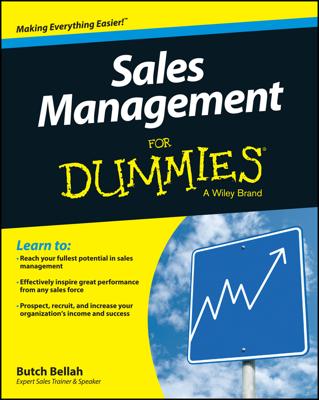A quota is a minimum number (or dollar amount) of sales that a person has to reach during a set period of time, such as a month. Commissions are a percentage of each deal (on either the gross or the net sales amount) that a salesperson is entitled to after closing a deal.
Depending on the nature of your particular organization, quotas and/or commissions may make a great deal of sense or no sense at all.
In evaluating whether one or both systems is the right choice for you, consider these pros and cons. Some pros include the following:
Commissions tie income to payroll, which can help a business avoid the unfortunate situation of not having enough income to pay its employees.
Commissions make your sales team direct stakeholders in each and every sale. When incentives are structured properly, they encourage salespeople to go the extra mile to find and nurture leads, and to close sales.
And on the cons side, consider the following:
Quotas and commissions that are too much of a stretch create stress in your salespeople. When your next mortgage payment is dependent upon your ability to close your next sale, you are apt to cut corners and you are certainly going to come across as desperate. Customers can smell desperation and will react in one of two ways: fleeing or taking advantage. Neither is good for your business.
When the goal is simply to close a sale, commissions and quotas can lead salespeople to drop a lead like a hot potato the moment they convert. You can hedge against this behavior by integrating sales goals that involve good post-sale care and attention.
When there’s a particularly finite lead pool, quotas can lead to serious competition within the team — which can be good or bad.
Commissions can cause “small potato” clients to be ignored or overlooked as everyone focuses on the bigger revenue opportunities. On the flip side, a quota of “17 sales” can be met by closing 17 small potatoes and ignoring the more difficult, bigger-value sales.
Just starting out? Pay some experienced salespeople a fair salary for a few months (or longer, depending on your average sales cycle) on a contract basis, and use their success as a baseline for where to set your initial goals.
When it’s time to hire your own full-time labor force, if you can’t hire a full crew of experienced employees, consider hiring one experienced salesperson to act as a mentor to a new, less-experienced group.

